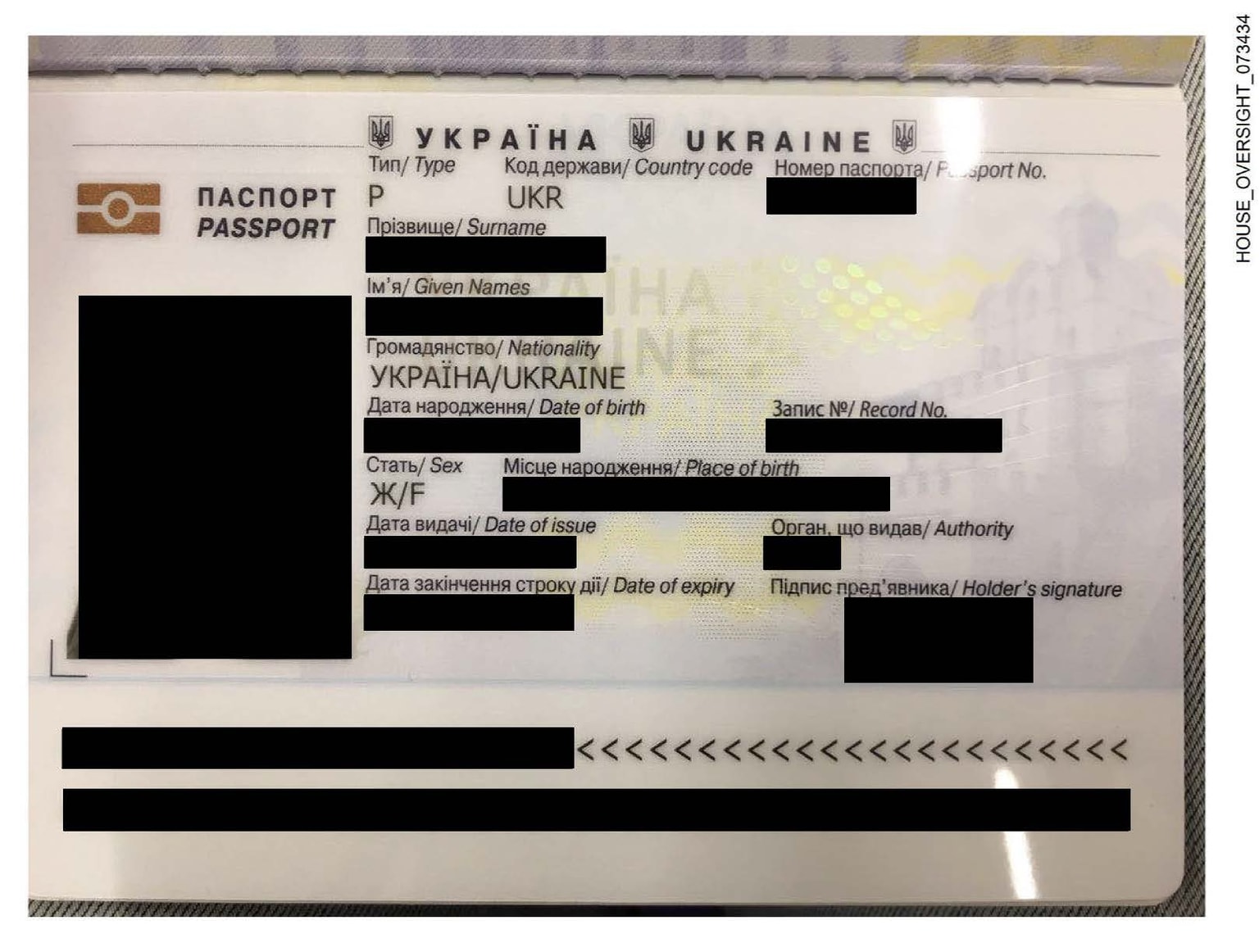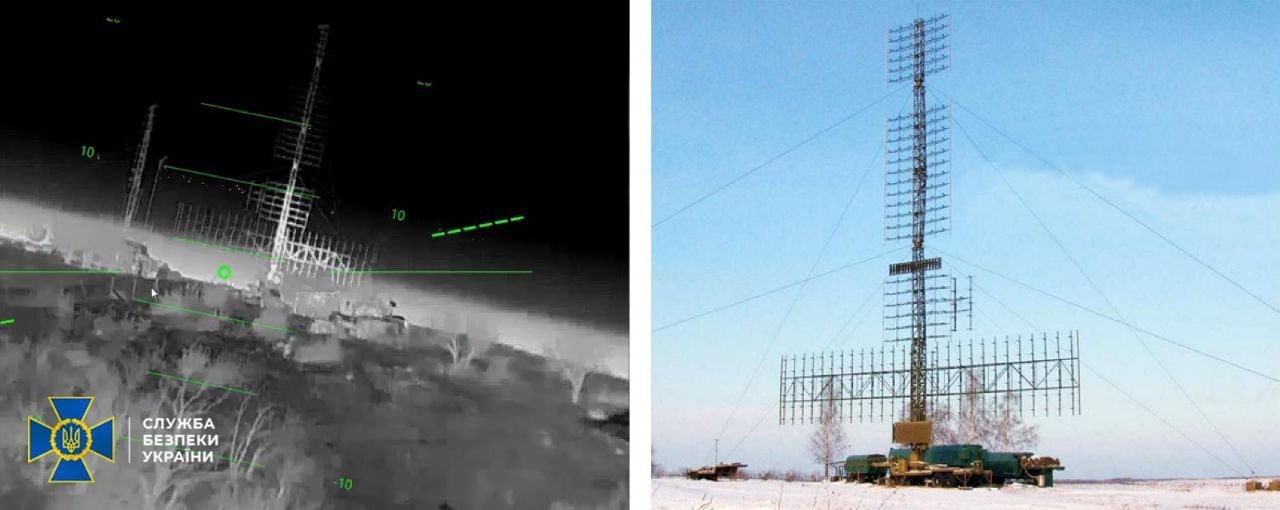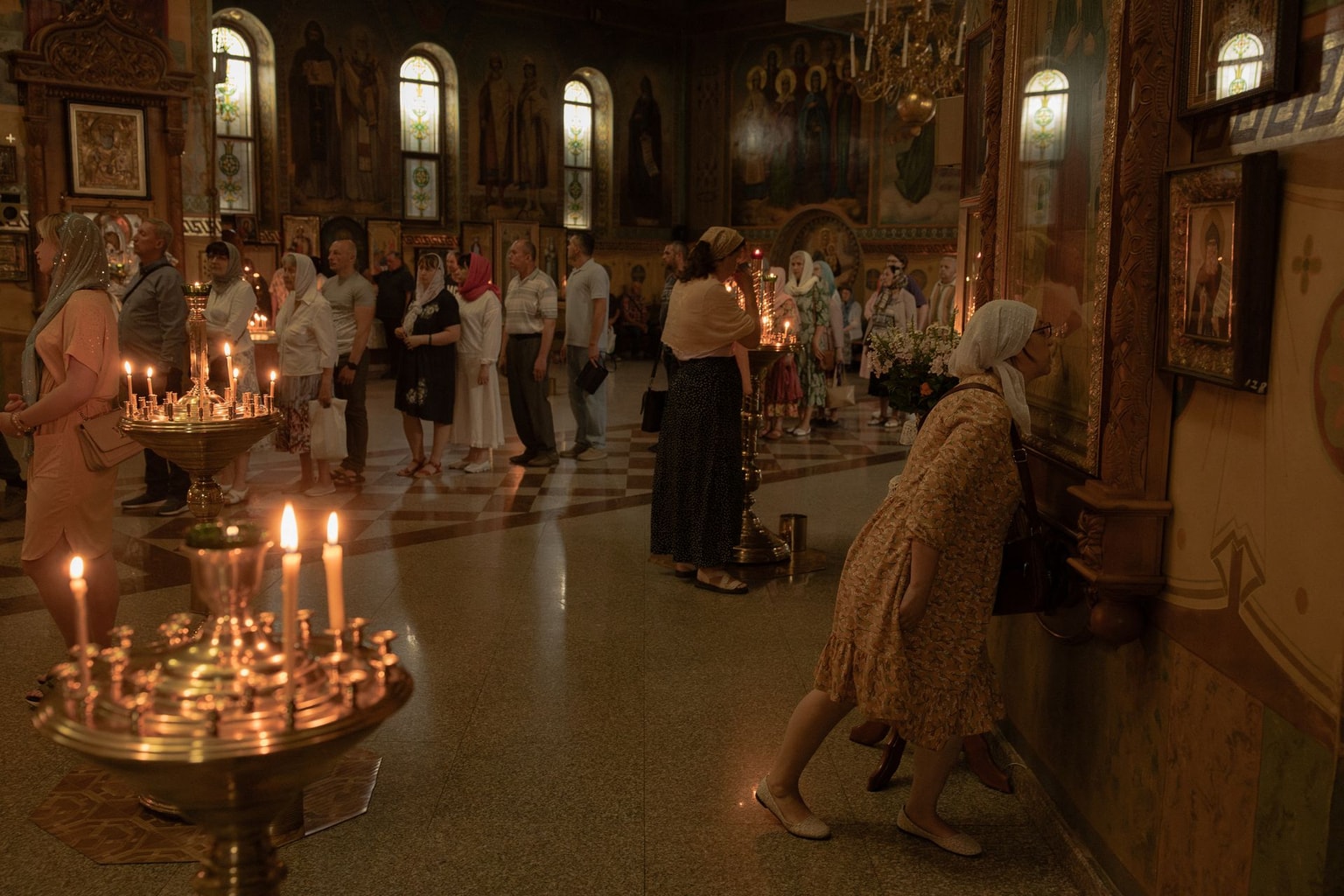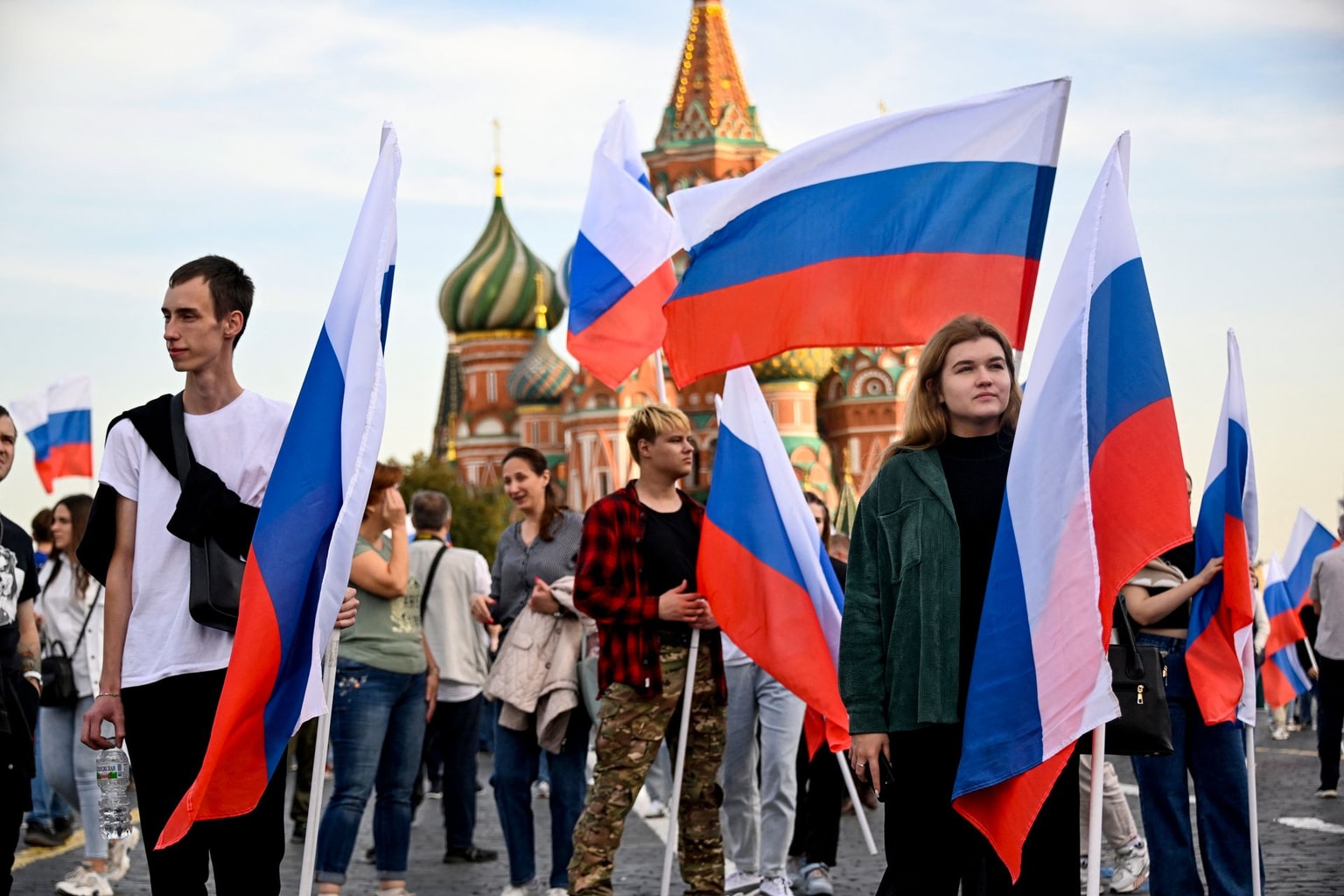Civic watchdogs say Zelensky appoints 21 tainted judges
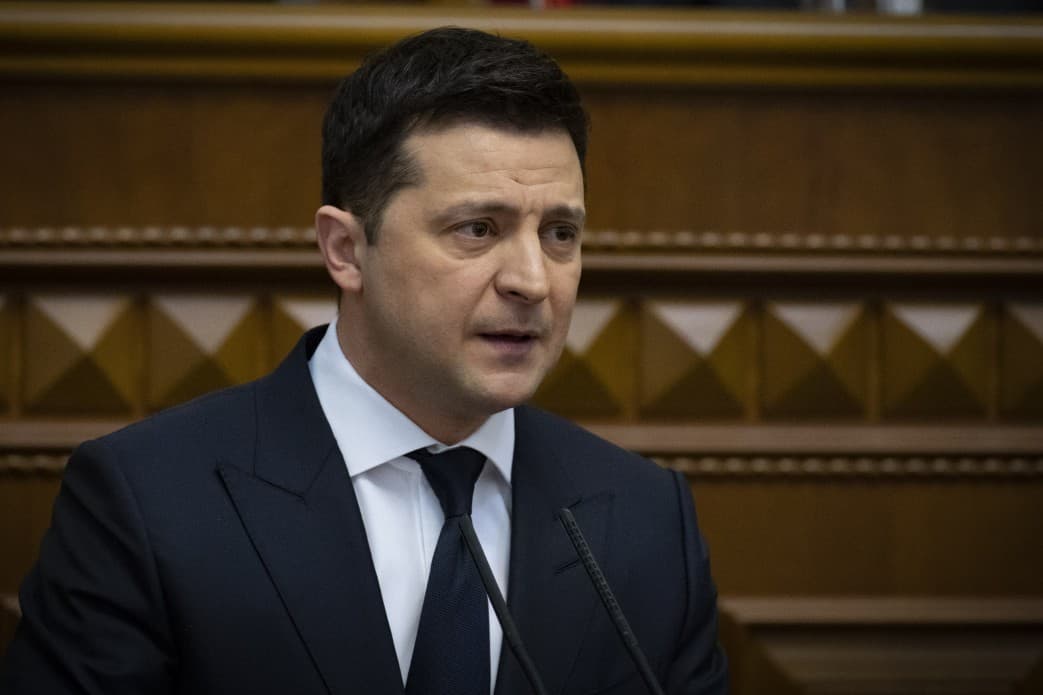
President Volodymyr Zelensky on Dec. 1 appointed 28 judges nominated by the High Council of Justice, the judiciary’s highest governing body.
The appointments formally seek to resolve the problem of a shortage of judges. However, anti-corruption and legal watchdogs have lambasted the move because most of the judges have problematic backgrounds.
The President’s Office and the High Council of Justice did not respond to requests for comment.
Out of those appointed, 21 do not have a right to be judges under the law because the Public Integrity Council has concluded that they do not meet ethics and integrity standards, according to legal think-tank DEJURE. The Public Integrity Council is the judiciary’s state-sanctioned civic watchdog.
According to the watchdog, two of these judges, Petro Zaruba and Andriy Klyuchnyk, unlawfully tried protesters during the 2013-2014 EuroMaidan Revolution, which ousted pro-Kremlin ex-President Viktor Yanukovych. Zaruba and Klyuchnyk did not respond to requests for comment.
On Nov. 18, the High Council of Justice, the judiciary’s main governing body, nominated 135 candidates to be appointed by the president. Ninety-one of them do not meet integrity standards, according to the Public Integrity Council.
On Nov. 25, civil society organizations urged Zelensky not to appoint judges who do not meet ethical standards. They include DEJURE, the Anti-Corruption Action Center, AutoMaidan and others.
Read more: Ukraine’s judicial reform, explained
The High Council of Justice has been criticized by Ukrainian and Western legal experts for appointing tainted judges. Zelensky signed a law letting foreign experts take part in firing discredited council members.


